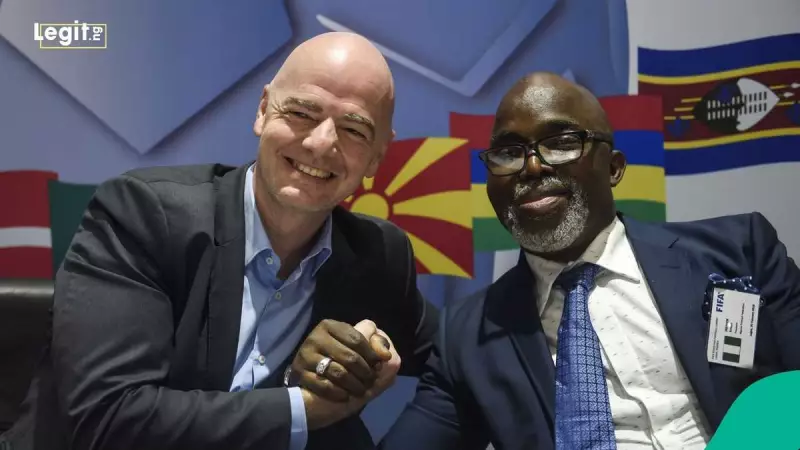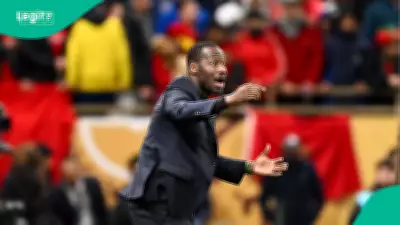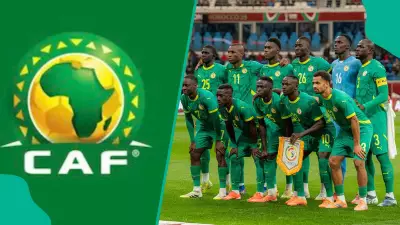
Former Nigeria Football Federation (NFF) president Amaju Pinnick has broken his silence regarding the controversial ₦1.2 billion Kebbi State stadium project, vehemently denying any wrongdoing in what has become one of Nigerian football's most talked-about scandals.
'Baseless Allegations' - Pinnick Fires Back
In an exclusive interview that marks his first public comments on the matter, Pinnick described the corruption allegations as "completely baseless" and "politically motivated." The former football administrator insisted that every aspect of the stadium project was handled with transparency and due process.
"These allegations are not only false but are designed to tarnish my reputation and legacy in Nigerian football," Pinnick stated emphatically. "I have always conducted myself with integrity throughout my tenure as NFF president."
The ₦1.2 Billion Question
The controversy centers around the substantial funds allocated for the construction and renovation of the Kebbi State stadium. Critics and whistleblowers had raised serious concerns about the utilization of the massive budget, prompting widespread public scrutiny.
Pinnick addressed these concerns head-on, providing what he called "a clear account" of the project's financial management. He emphasized that the funds were properly accounted for and that the project followed all necessary procurement procedures.
A Legacy Under Scrutiny
The timing of these allegations is particularly significant as Pinnick's tenure as NFF president remains a subject of intense debate among football enthusiasts and administrators across Nigeria. While some credit him with various reforms, others have questioned several financial decisions made during his leadership.
Pinnick, however, remains defiant, stating that his record speaks for itself. "We achieved significant milestones during my time as president, and I will not allow false allegations to overshadow our accomplishments," he declared.
What's Next for Nigerian Football?
This development comes at a crucial time for Nigerian football administration, with many calling for greater transparency and accountability in the management of the sport's resources. The outcome of this controversy could have far-reaching implications for how football is administered in Africa's most populous nation.
As the investigation continues, stakeholders and football fans alike are watching closely, hoping for clarity and resolution in a matter that strikes at the heart of sports governance in Nigeria.





